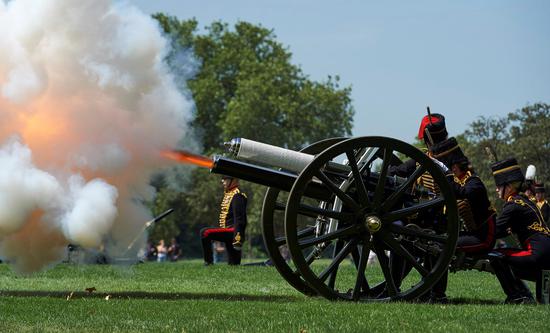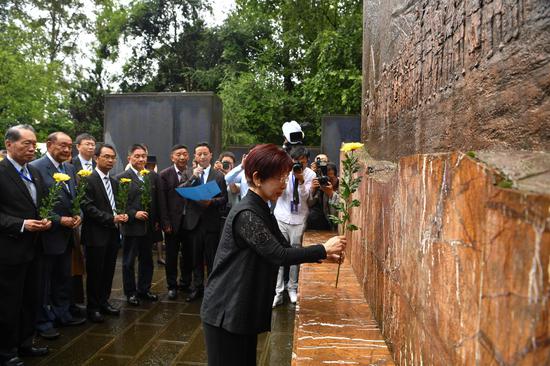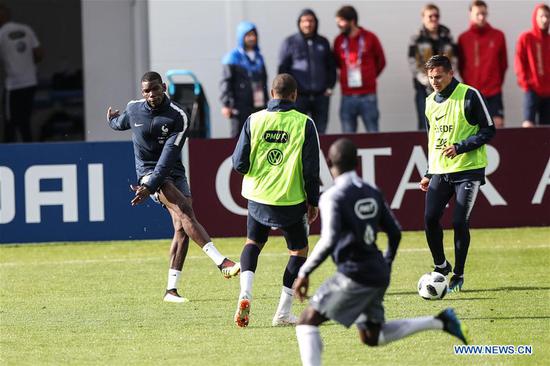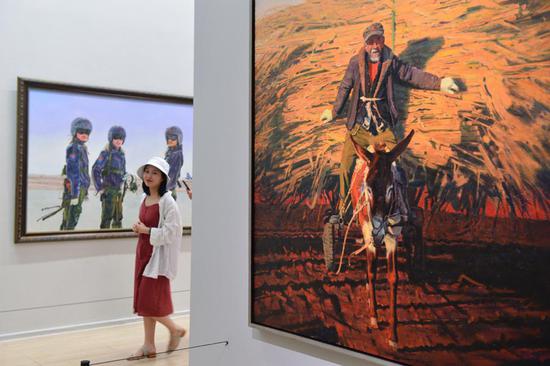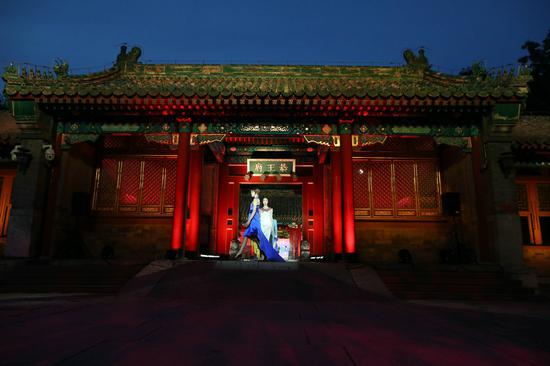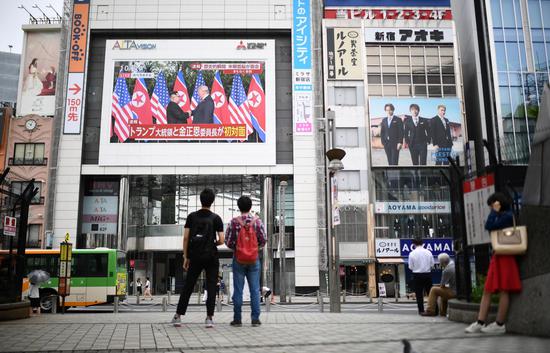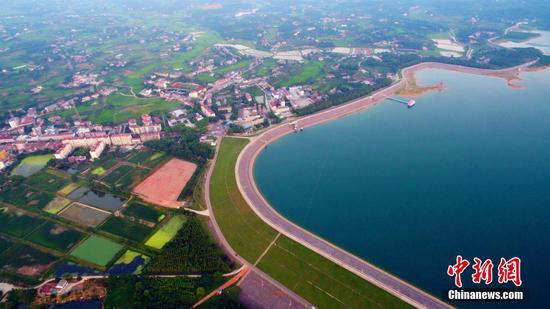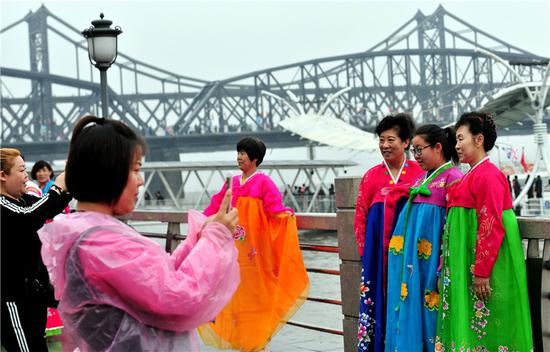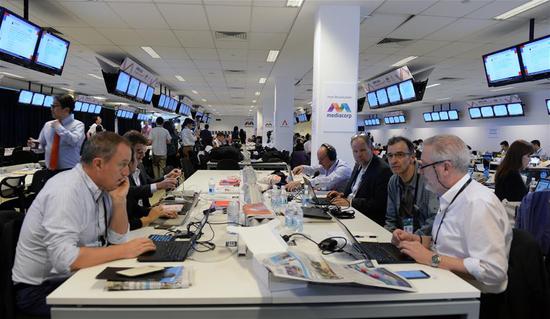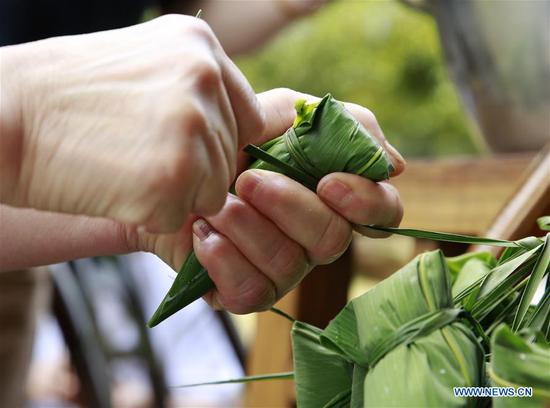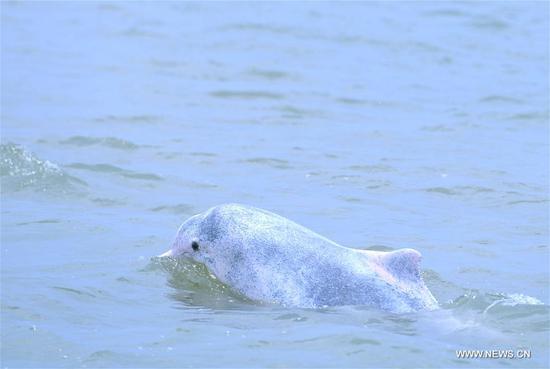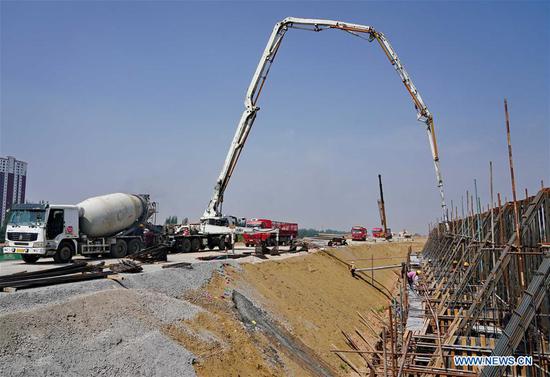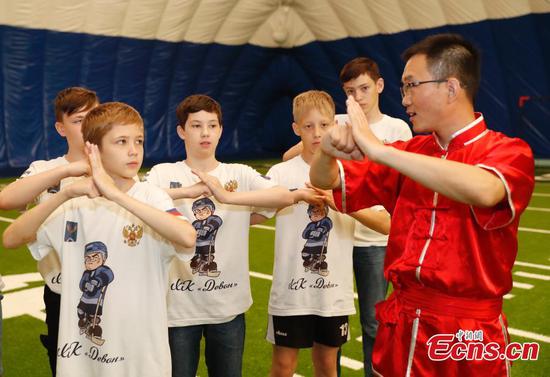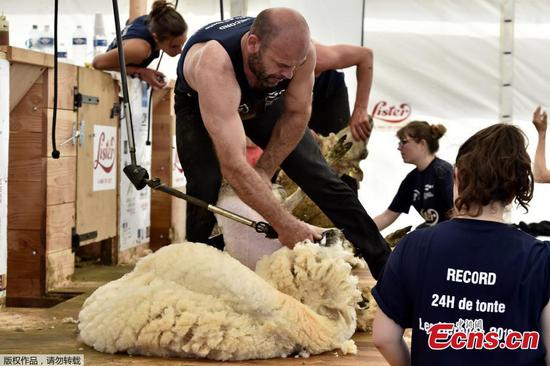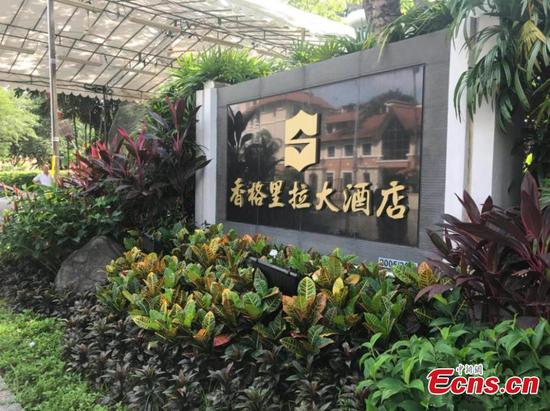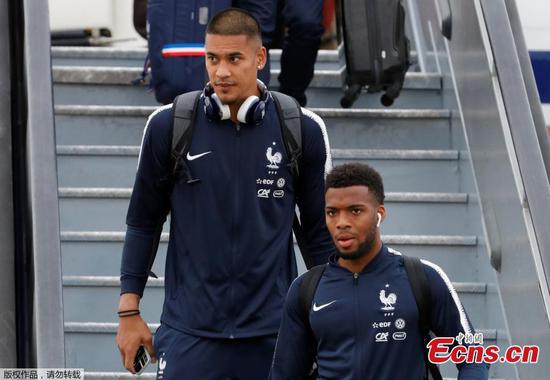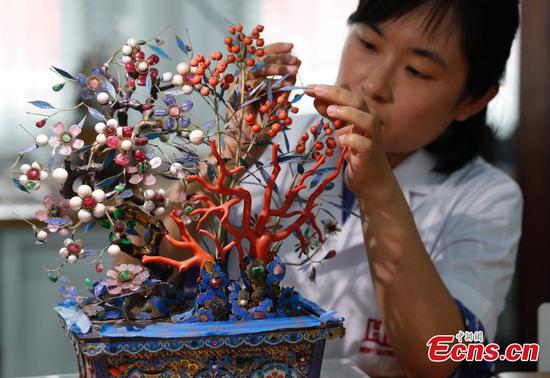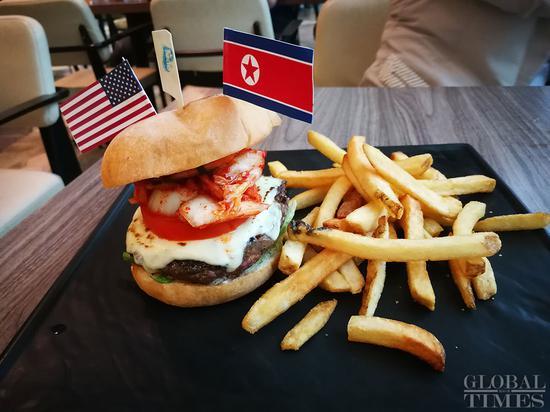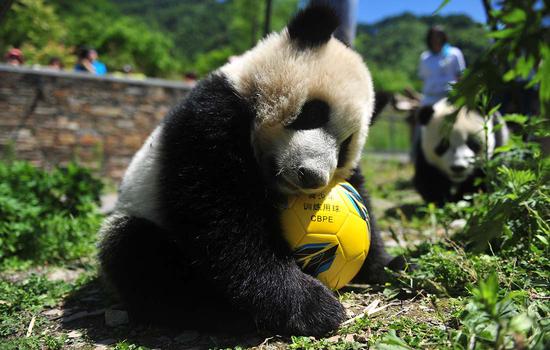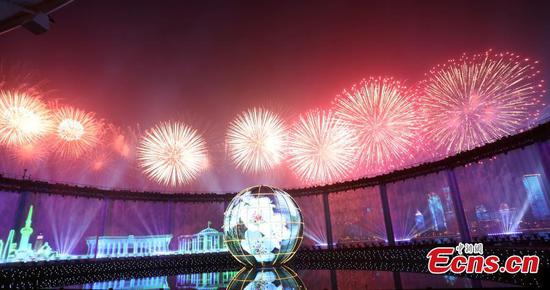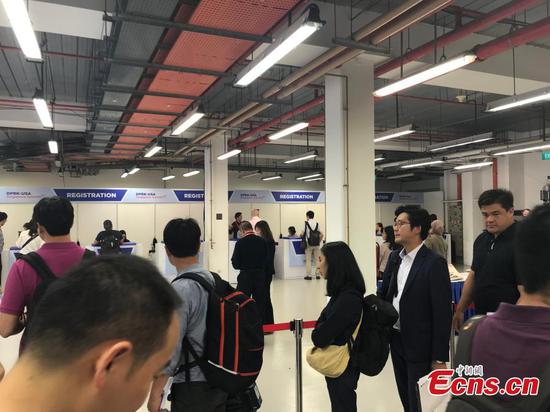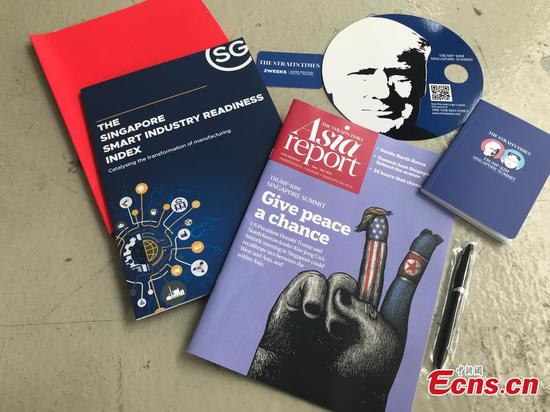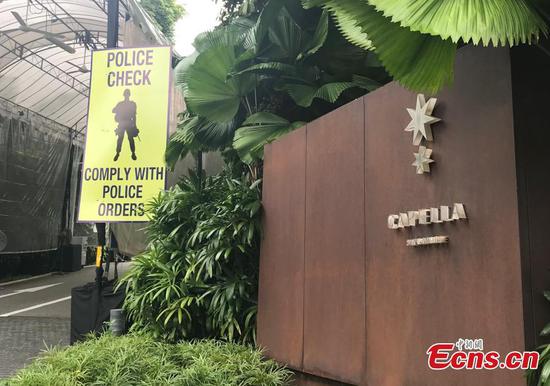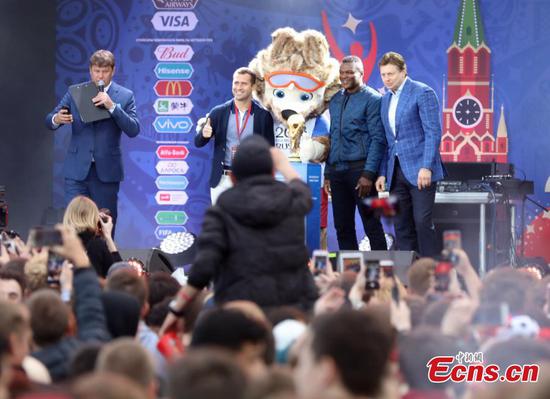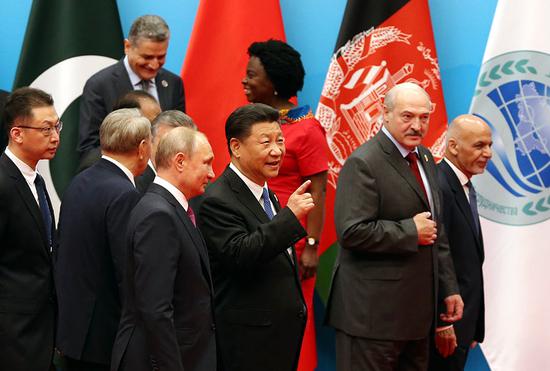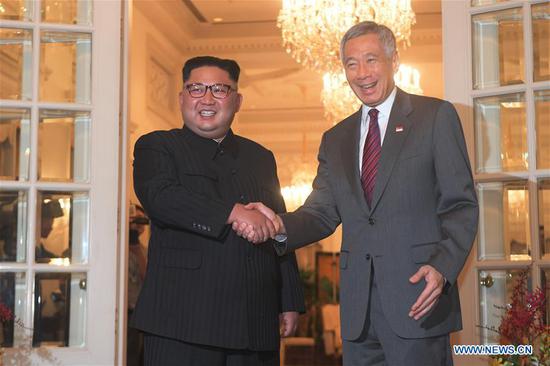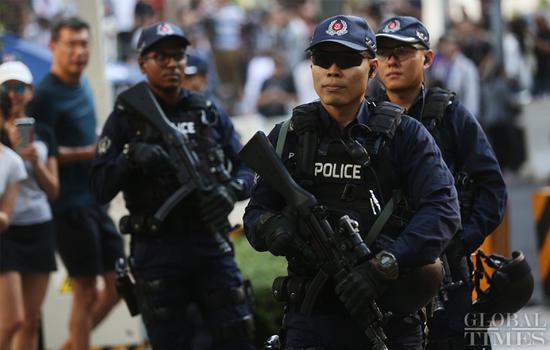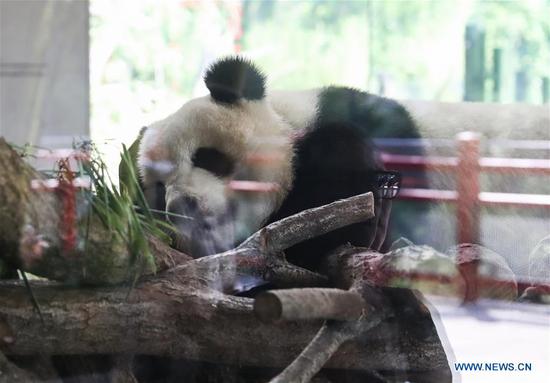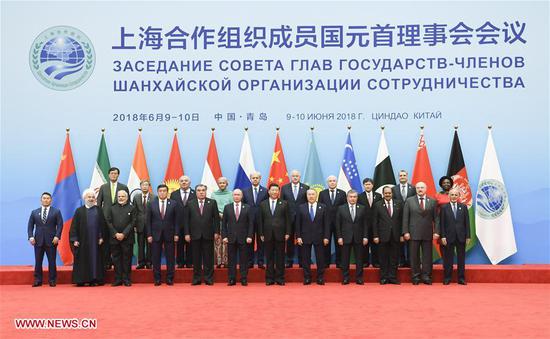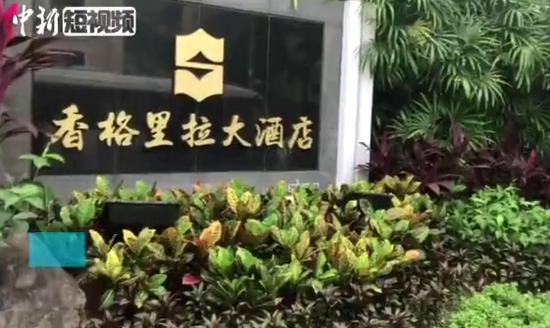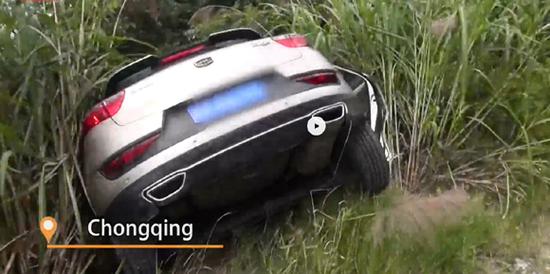U.S. President Donald Trump said the one-on-one meeting he had with Democratic People‘s Republic of Korea leader Kim Jong-un was "very, very good."
The two started their historic summit on Tuesday morning at the Capella hotel in Sentosa on an optimistic note.
Right after they sat down in the Capella hotel for the one-on-one session, Trump said the summit will be a tremendous success, adding that "we will have a terrific relationship, no doubt".
"The way to come to here was not easy," Kim said. "The old prejudices and practices worked as obstacles on our way forward but we overcame all of them and we are here today."
Trump replied, "That’s great."
The two shook hands and exchanged words at 9:04 am after arriving at the hotel for the first summit between leaders of the two countries.
The handshake lasted about 10 seconds. Both wore smile during the handshake, unlike the serious look when they arrived at the hotel. Trump also patted on Kim’s arm and back during their handshake and walked into the meeting room.
The two engaged in a private session for about 30 minutes, accompanied by only translators. Then an expanded session was held with the attendance of their advisors. A working lunch will follow afterwards.
It is still unknown what kind of agreement would be reached at the summit. Diplomats from both countries continued their discussions whole day on Monday trying to narrow their differences on key issues.
The U.S. has tamped down the previous high expectation of a swift denuclearization and instead talked about a process that will take time. But U.S. Secretary of State Mike Pompeo insisted on Monday that the ultimate goal is for a complete, verifiable and irreversible denuclearization of the Korean Peninsula.
Pompeo said the U.S. will offer security guarantee but gave no details. The DPRK has key concerns over issues such as the signing of a peace treaty to end the 1950-1953 Korean War, the lift of economic sanctions, U.S. troop reduction in South Korea and cut of U.S.-South Korea joint military drills on the peninsula.
"The fact that it is happening at all reflects both sides' interests in buying time, capping the risk of military conflict, and expanding the problem beyond the intractable symptom of denuclearization to the underlying mutual mistrust caused by seven decades of adversarial relations," said Scott Snyder, senior fellow for Korea studies and director of the program on U.S.-Korea policy at the Council on Foreign Relations.
Kim is scheduled to leave Singapore around 2 p.m. on Tuesday, while Trump plans to leave around 8 p.m.









